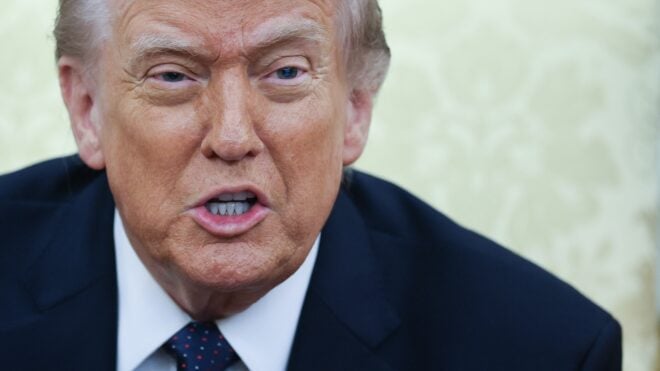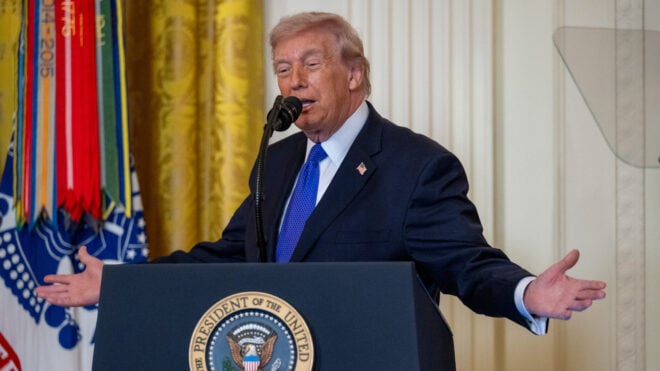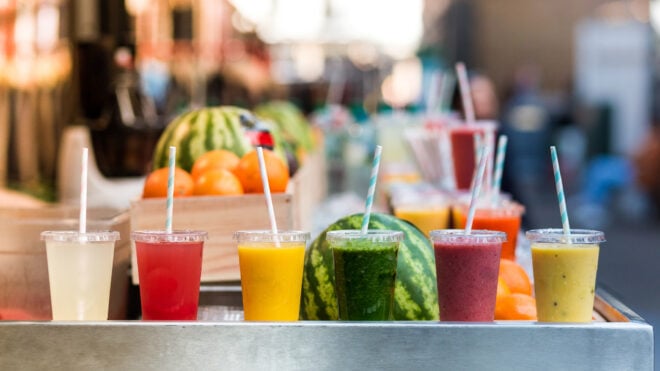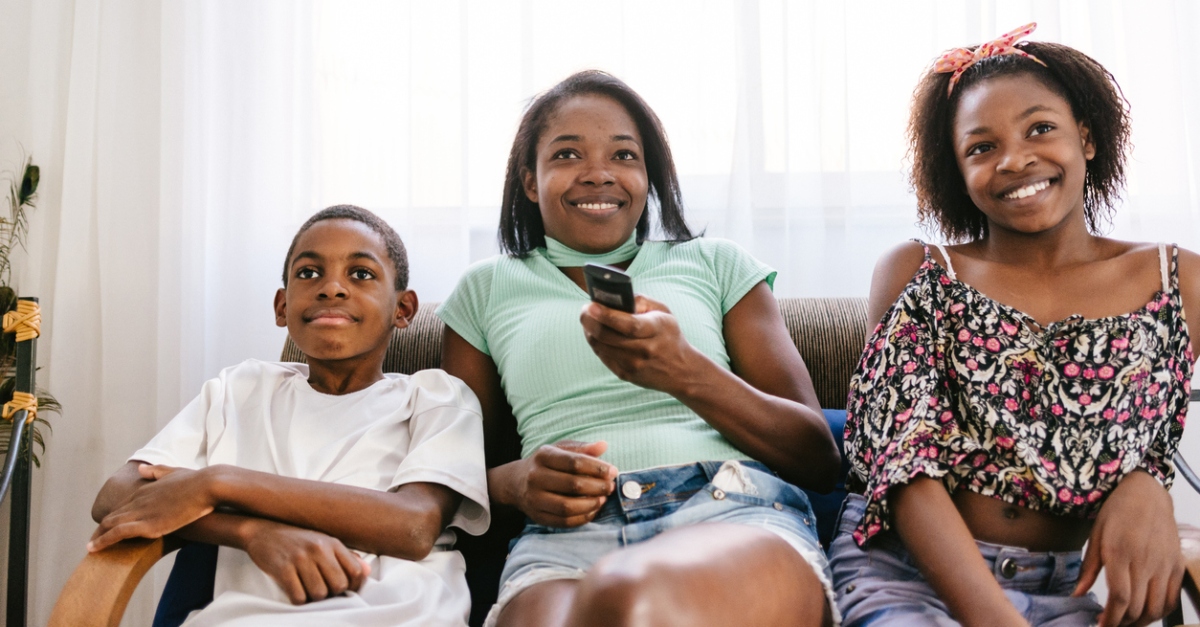
A presidential election is usually a pretty big deal. It's an event with international implications. It gets people civically engaged and brings all attention to politics for a few months every time. That said, 2020 is not like every year. It feels like we've been in the thick of an election cycle for much of the last four years. Now, we really are getting down to the wire. Tensions are high about a lot of different subjects, many of which will be covered in the first of the presidential debates on Tuesday night.
Historically, kids have been assigned to watch and write or talk about the debates. But in 2016 we learned debates weren't exactly guaranteed to be the PG event they once were. People are expecting things to get ugly.
As parents, you have to wonder if it's the kind of thing you want your kids to watch. Likely, families will have good reasons to make either decision. For younger kids, it may be a lot. But for older kids, it gives important insight into the civic process in the limited number of elections they'll experience before they become part of it themselves.
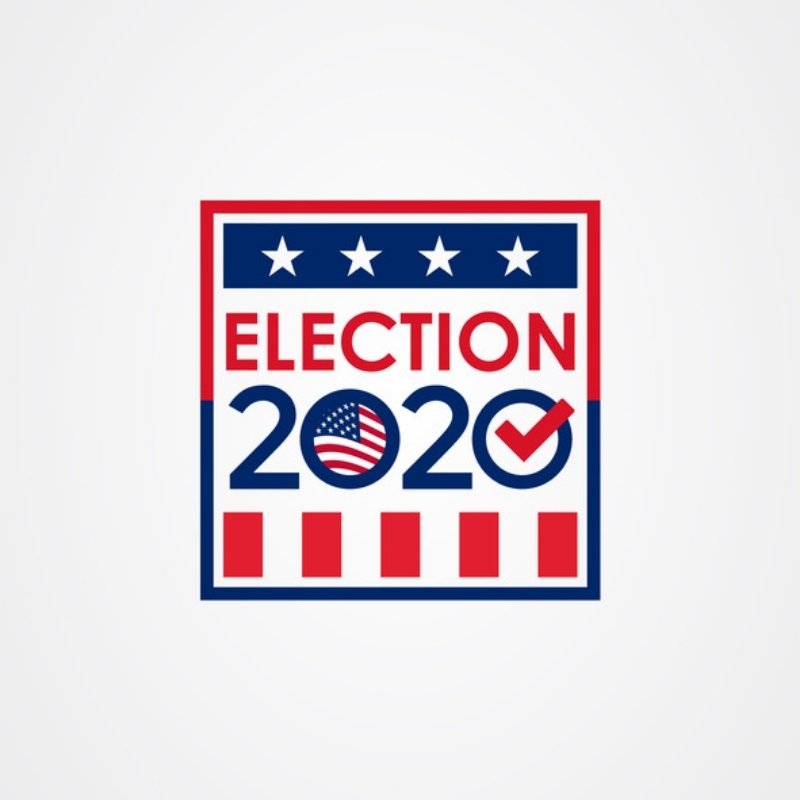
Election season is upon us, and it's a tense one.
As we get closer to Election Day, more and more talk about the matter is bound to be around your kids. Depending on their ages, they might have their own thoughts and opinions.
You might feel inclined to keep your kids away from this particularly contentious race, and no one would blame you. But there are some important facts to consider.
"From elementary school to high school, kids will typically only experience two or three US presidential elections, and each one offers a vital opportunity for kids to learn about the democratic process, develop critical thinking skills, and understand how best to exercise their rights as active, engaged citizens," Jane Nussbaum, Junior Scholastic magazine's executive editor, explained to Romper.
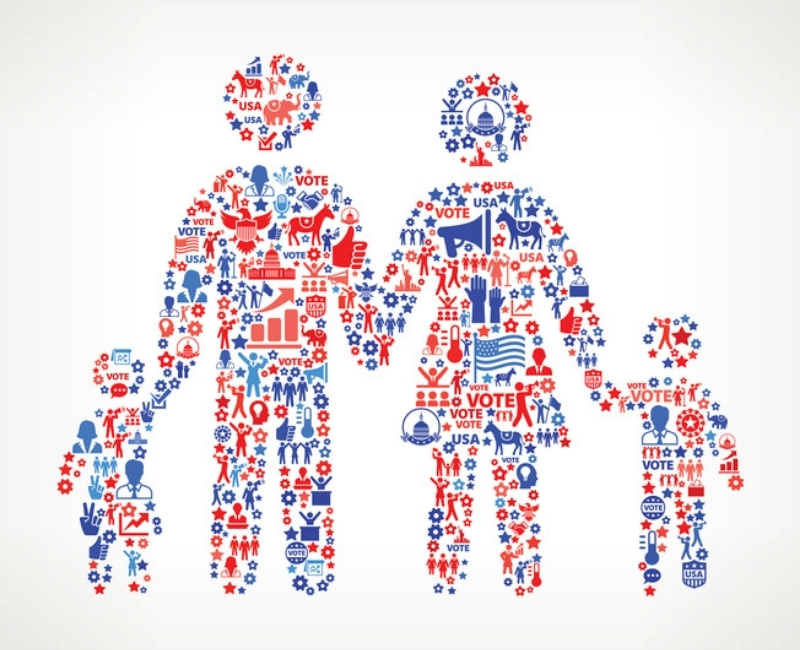
"Family discussions about civics and politics can happen at any age and as your children grow, so can the conversations," she continued.
That said, these complications don't come easily to all families. For some, the instinct may be to avoid such conversations, but Jane explains why it's crucial to tackle the difficult issues.
"This is critical because we know that kids are paying attention to what's going on around them now more than ever, and learning about civics is an important piece in helping them become advocates for the kind of world they want to live in."
In 2016, parents across the nation didn't give a second thought to letting kids watch the first presidential debate. But as the election cycle got uglier and more adult accusations were being flung about, they started reconsidering whether kids should watch the debates.
The debates came to raise issues beyond just politics. There were issues of morality, gender, sexuality, consent, and more. All of those issues are complex ones to navigate. Parents who had grown up in single-television households, where you watched what your parents watched, didn't know how to handle it.
This election cycle's first debate will take place on Tuesday, September 29, from 9 p.m. to 10:30 p.m. ET. CNN reports the topics of the debate will be:
- The Trump and Biden Records
- The Supreme Court
- COVID-19
- The Economy
- Race and Violence in Our Cities
- The Integrity of the Election
Each segment will last about 15 minutes, and the candidates will have two minutes to respond after the moderator opens each segment with a question.
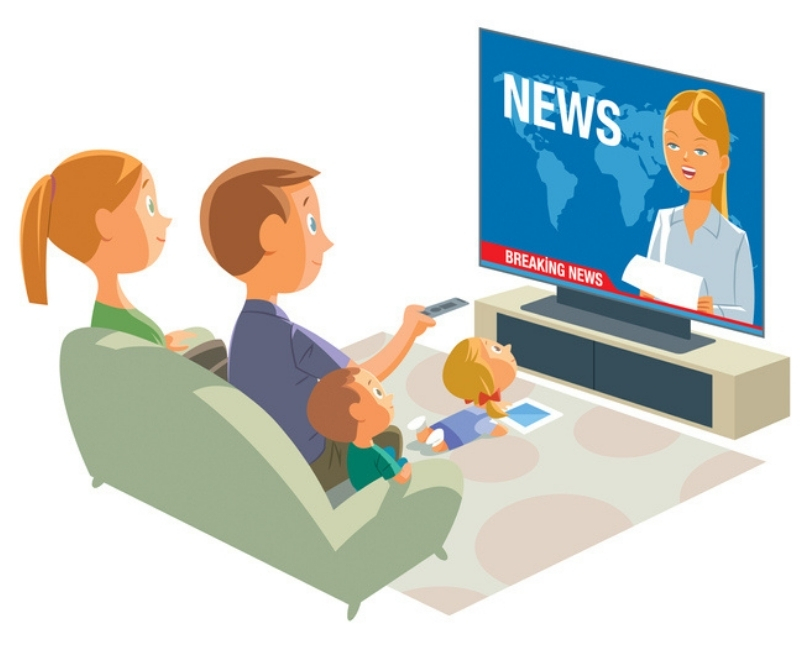
Most young kids will likely be in bed before or shortly after the debates begin. While your preschool and elementary school aged-kids might have some questions, the action of the debate itself will likely not keep their attention even if they're awake.
Still, it's good to be prepared if they will be around. Think about questions or thoughts related to the subjects being covered your children might have before making your call.
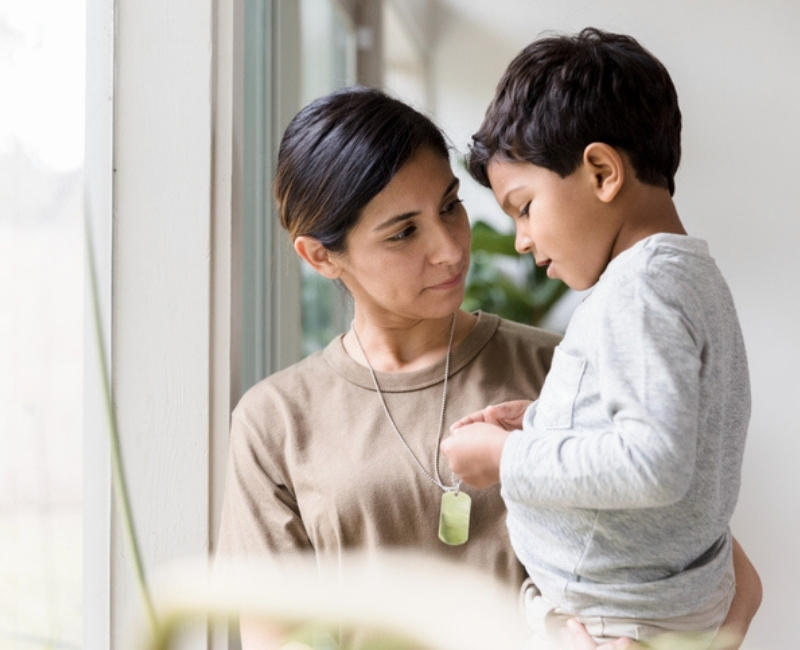
For children of all ages, you'll want to keep debate subjects in mind. If there's any personal attachment to any of the above issues that might make it difficult for your kids to watch, talk to them about their feelings beforehand. That way, you can gauge where they're at and what they have the emotional bandwidth for.
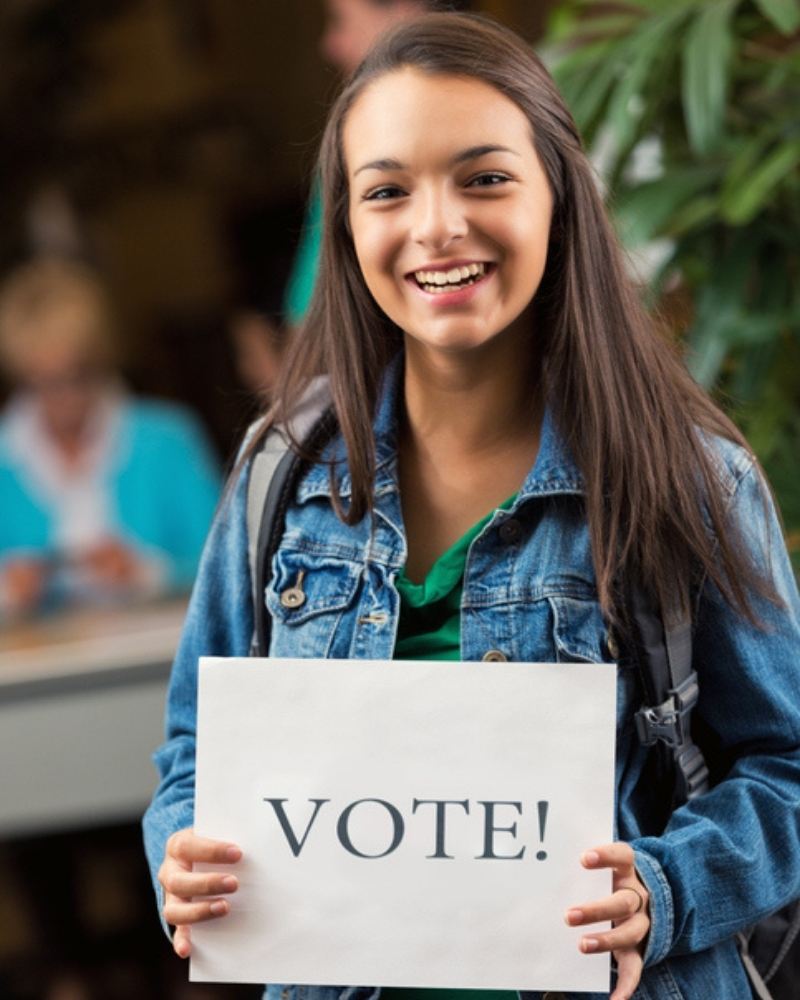
For middle and high school students, the debate might be assigned for homework. For the conscientious kid, there might be personal interest. Either way, if you're not already having conversations about the subjects the debate will cover, understand that you will be during and after the event.
Some parents have called for teachers not to assign the debate to kids.
"Can we consider not assigning the pres debates?" one teacher shared on Twitter. "Students, particularly BISOC are already traumatized w/COVID, police brutality, remote learning… Do a diff lesson that's less problematic. My goal is to not cause more trauma this year for Ss & try to create a space for healing."
Most people who plan to watch the debates anticipate a certain amount of bad behavior to be displayed. Even if you think it's behavior that is alright for adults, you might not feel its appropriate to be modeled by a person in power and seen by kids.
If you have children who want to watch, explain why you don't think it's the best idea. If you have children who will be watching, it's important to ask them questions about how they feel about that behavior and what conclusions they draw from it.
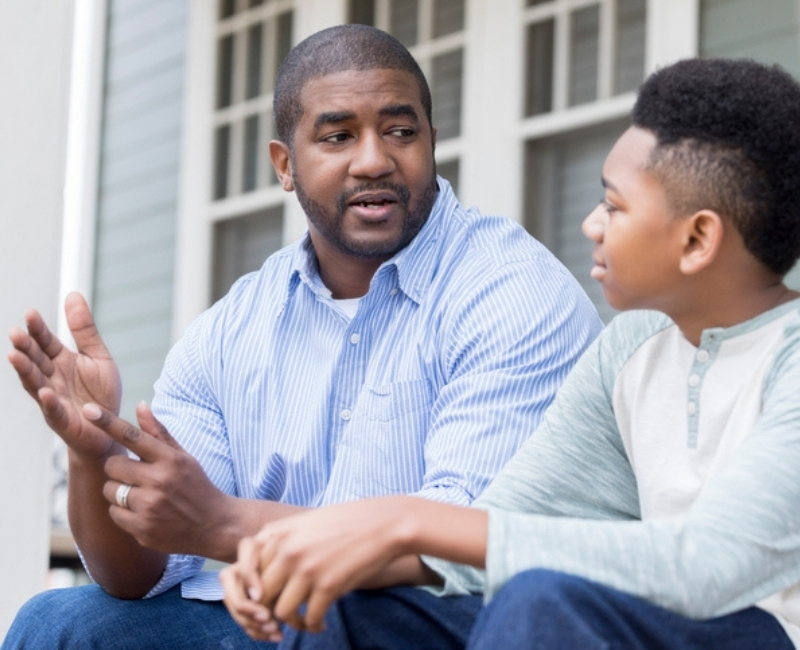
It's important to not try to impose any ideas on kids. Let them draw their own conclusions. There's a difference between having a guided conversation and giving a speech. There are also a lot of other aspects of the civic process to focus on that will help kids draw their own conclusions knowledgeably.
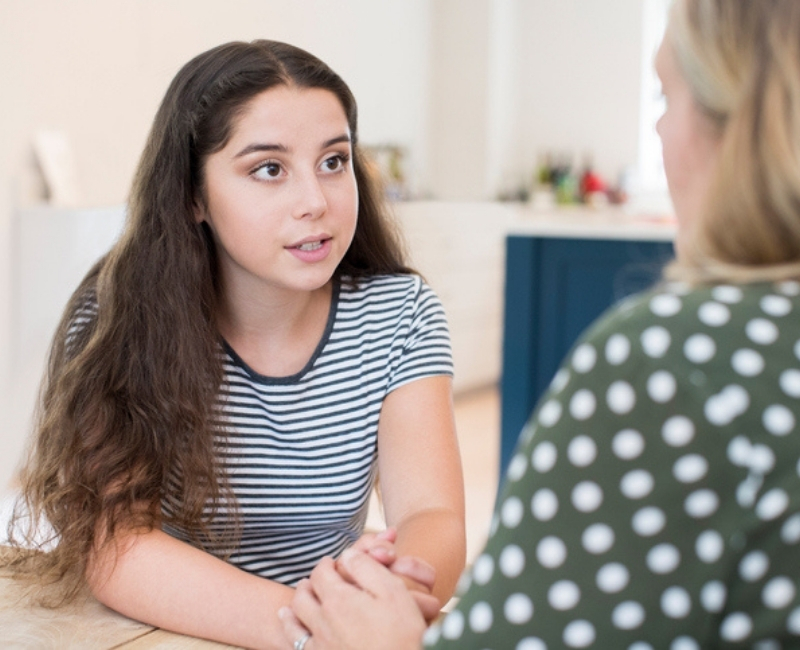
Talk to your kids not just about the immediate action, but examining it all through a critical lens and learning the facts. Discuss how to go about looking into information and finding credible sources. For younger ones, it can start about a conversation about real things versus fake things and how to figure out a difference. Scale the conversation for your child's maturity and age.
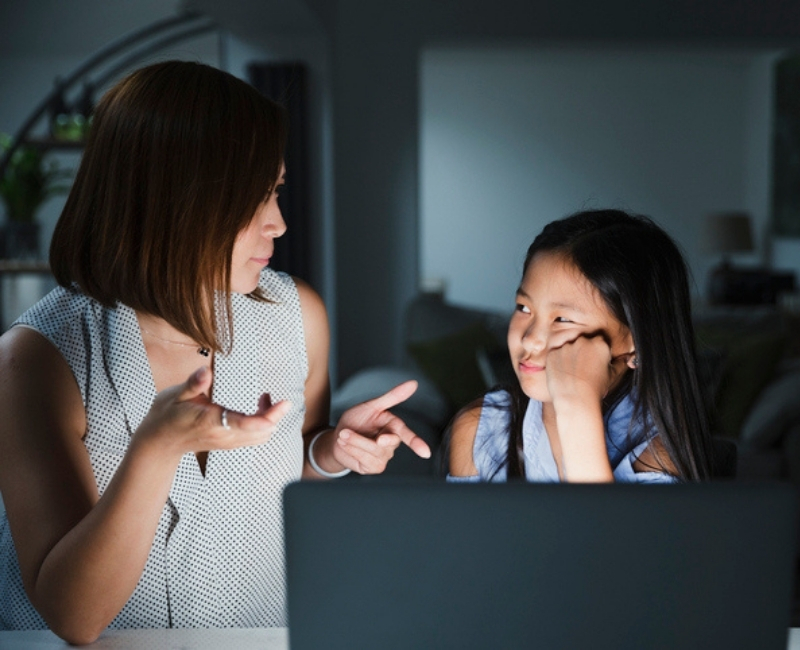
You can also teach your kids not to get too caught up in the noise. It's no secret that some of the most sensational behavior happens around the election because that's when most people are paying attention. Talk to your kids about focusing on facts over drama and spin. Examine the goals of political ads that will appear on TV and online more frequently as November draws closer.

There are a lot of aspects of the political process to understand. Your job as a parent is to give your children a good foundation and the tools to understand and analyze information. They'll draw conclusions that may change over the years, or may begin to shape their political ideas for years to come. Whatever the case, you want to make sure that your kids have a deeper understanding of everything at play than what the headlines might display.

